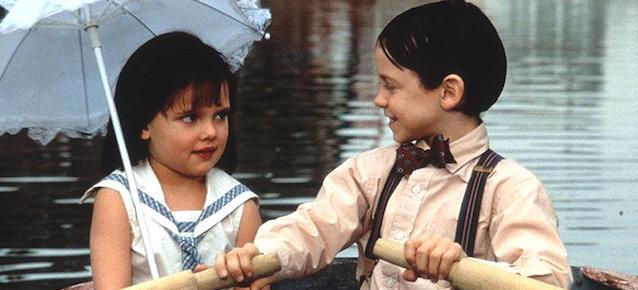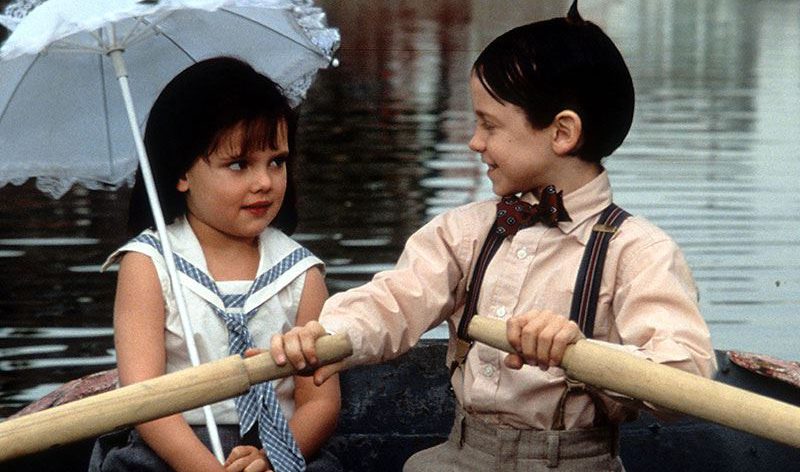
From a talk he gave on love this summer, Alain de Botton here gives us permission to view our significant others as the small children they actually are. Relying on a searingly low anthropology, de Botton argues that pessimism is, in fact, the key to a successful relationship. He says, “Pessimism is often seen as the enemy of good things, and indeed it is in many ventures. But when you embark on the journey of love, pessimism, in fact, is the most generous and kindly emotion you can direct towards yourself and your partner.” One of the ways we do this, he figures, is to disentangle one another from the “adult” expectations we have for one another. (The entire 20 minute talk, below, is well worth the listen. This comes in the last couple minutes.)
The first thing we need to understand is: let’s stop treating our partners as if they were adults and let’s start treating them like small children. The reason this is so important is when a small child has done something wrong—let’s imagine you have a small child, you cook them dinner, they’re two years old, three years old, you have broccoli and some schnitzel and you put a plate down in front of them and they just swipe it off and go, “Ech!” and start screaming. Now, what do you do as a modern parent? You don’t hit them. You don’t go, “I’m so offended, I’ve had a hard day at work, and now this—you’re persecuting me!” You don’t say that. Instead, you go, “Maybe my poor child’s got a sore tooth, or maybe he’s a bit jealous of his sister being born, maybe that’s kind of weighing on him, maybe he’s a bit tired, that’s why he’s behaving like this.” In other words, we’re incredibly generous with our system of interpretation. We don’t do this with adults because we think, This person’s an adult. And, most adults look like adults, unfortunately. It would be so much more useful if we looked like children.
The thing about breaking something—like a broken arm—is that everyone can see it. “Oh, you’ve got a broken arm! I’m so sorry, let me open the door for you.” If you’ve got a broken bit of your soul, a broken bit of your psyche, everyone thinks your normal. But you want to say, “No, no, I’ve got this thing, it’s broken even though it doesn’t look broken.” We don’t look like children—but we are inside. And we’re so aware of how patronizing it is to be treated as if you are younger than you are, but we forget how generous, how kind, how truly loving it is to treat someone as if they are younger than they are. Because this is what it means to truly love someone: to be generous in one’s interpretation of another person.

COMMENTS
5 responses to “The Benefit of Treating Your Spouse Like A Small Child”
Leave a Reply














I have often relied on the image of the patient and forbearing parent before an obstreperous and whiny child as being very helpful in understanding God’s patient forbearance of us, even in our willfulness and ignorance, and even in our willful ignorance. What Botton does not say here (although he implies it) is that this more generous interpretation of the other may in fact be the most true, not merely the most useful.
So good, ERICH!
Really good, Ethan. The phrase “generous in one’s interpretation of another person” has been rolling around in my head all day.